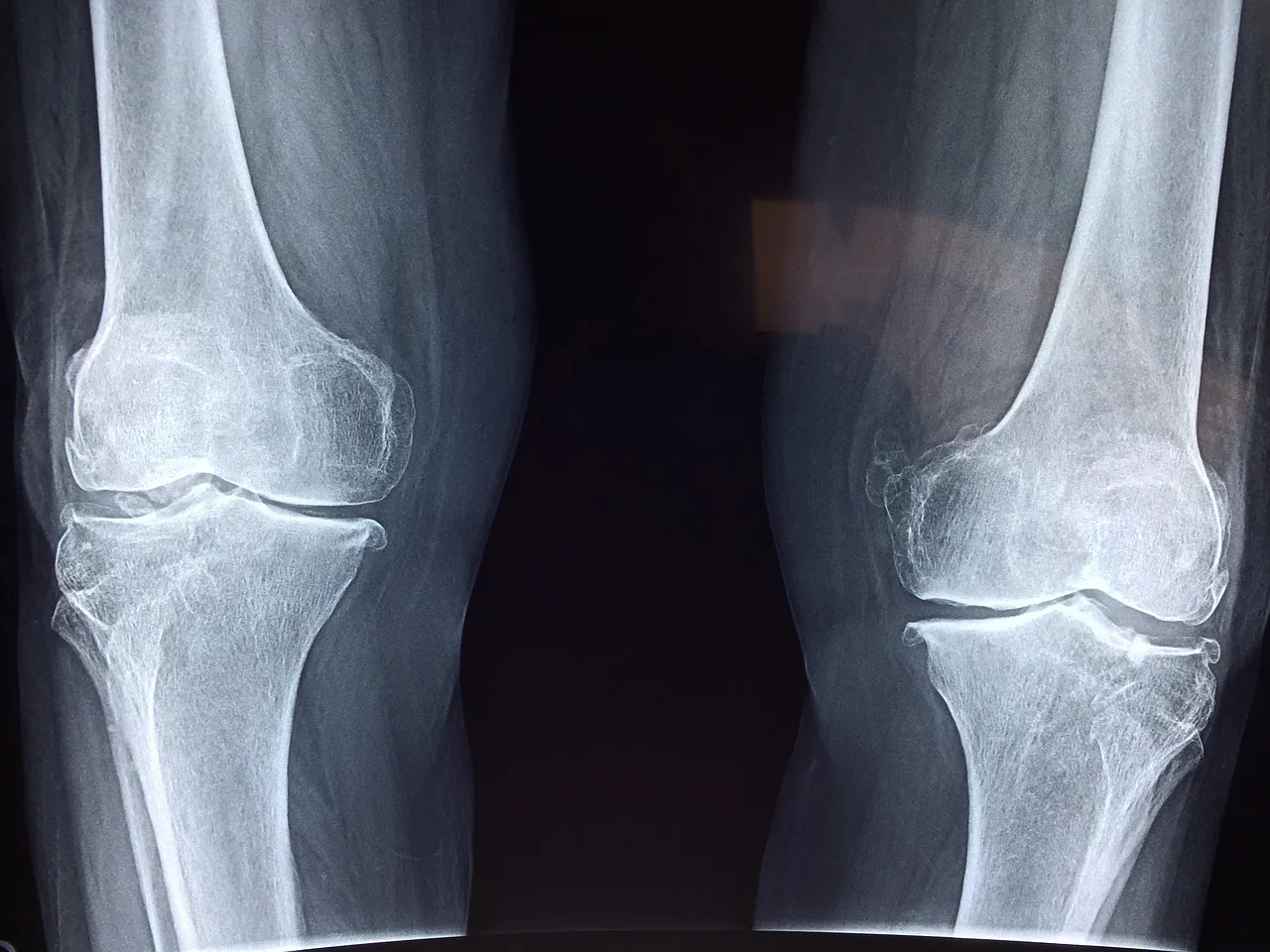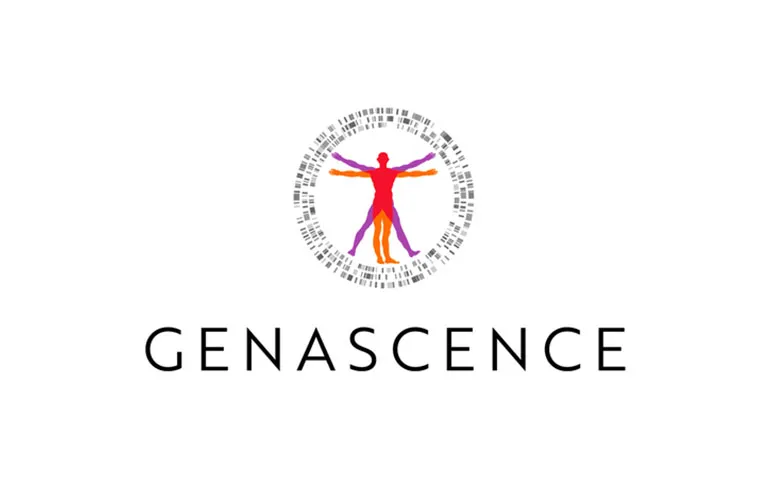
Genascence Secures RMAT Designation for Groundbreaking Gene Therapy GNSC-001 in Knee Osteoarthritis, Signaling a Major Step Forward in Regenerative Medicine
Genascence Corporation, a clinical-stage biotechnology company pioneering gene therapy solutions for chronic musculoskeletal diseases, announced that the U.S. Food and Drug Administration (FDA) has granted Regenerative Medicine Advanced Therapy (RMAT) designation to its lead investigational product, GNSC-001. This promising gene therapy candidate targets interleukin-1 (IL-1), a central player in the inflammatory processes associated with osteoarthritis (OA), and is being developed specifically for patients suffering from knee OA.
This designation from the FDA recognizes the potential of GNSC-001 to significantly alter the treatment landscape for knee osteoarthritis—a chronic, debilitating condition affecting millions of people worldwide. Currently, no disease-modifying therapies exist for OA, and most treatment options are limited to symptom management, including pain relievers, corticosteroid injections, and ultimately, joint replacement surgery. Genascence’s gene therapy approach seeks to address the root inflammatory mechanisms of the disease, offering a potentially transformative therapeutic option.
A First-in-Class Gene Therapy Targeting a Major Cause of OA
GNSC-001 represents a novel class of Genascence therapy. It is based on a recombinant adeno-associated viral (AAV) vector platform, engineered to deliver a gene encoding an optimized version of the human interleukin-1 receptor antagonist (IL-1Ra). IL-1Ra is a naturally occurring protein in the body that blocks the activity of IL-1, a pro-inflammatory cytokine implicated in the cartilage degradation, joint pain, and swelling associated with OA progression.
The innovative design of FDA GNSC-001 allows for sustained, long-term expression of IL-1Ra in the joint following a single intra-articular injection. This mechanism is intended to counteract the chronic inflammation and cartilage destruction driven by IL-1 signaling, potentially halting or slowing disease progression and offering durable symptom relief. By delivering the therapeutic gene directly into the joint, the treatment aims to generate continuous production of IL-1Ra at therapeutic levels without the need for repeated administration—an advantage that could significantly improve patient compliance and outcomes.
Dr. Thomas Chalberg, Ph.D., founder and Chief Executive Officer of Genascence, emphasized the significance of the FDA’s decision:

“GNSC-001 is the first IL-1 inhibitor for OA that has demonstrated the ability to induce sustained IL-1Ra expression at therapeutic thresholds from a single administration. The RMAT designation from the FDA is a powerful endorsement of the clinical potential we’ve seen in our development program thus far. It validates our belief that GNSC-001 could fundamentally transform the treatment paradigm for osteoarthritis, a disease that has long lacked effective long-term solutions.”
Chalberg further noted that the RMAT designation will allow for increased engagement with the FDA as the company advances into pivotal clinical development. “We look forward to collaborating closely with the agency as we work to bring a truly novel therapy to the millions suffering from this debilitating disease.”
Clinical Development Progress: Encouraging Safety and Efficacy Data
To date, GNSC-001 has been evaluated in two clinical trials. The first study, a Phase 1 first-in-human trial (ClinicalTrials.gov Identifier: NCT02790723), was conducted at a single center using an open-label, dose-escalation design. This trial enrolled nine patients with knee OA and was primarily designed to evaluate the safety and initial biological activity of GNSC-001.
Building on that foundation, Genascence launched the DONATELLO Phase 1b trial (ClinicalTrials.gov Identifier: NCT05835895), a larger, multi-center, randomized, double-blind, placebo-controlled study. This trial enrolled 67 participants across 10 clinical sites in the United States and was designed to assess the safety, tolerability, and pharmacodynamic profile of a single intra-articular injection of GNSC-001 in patients with knee osteoarthritis. Importantly, the trial aimed to measure local expression of IL-1Ra and its ability to suppress IL-1-driven inflammation in the joint over time.
The DONATELLO trial was supported by a $12 million award from the California Institute for Regenerative Medicine (CIRM), a key supporter of advanced cell and gene therapy programs. The funding allowed Genascence to expand the scope of the study and collect robust data that would ultimately support both the Fast Track and RMAT designations granted by the FDA.
While detailed results from DONATELLO have not yet been publicly disclosed, the cumulative clinical data generated to date were instrumental in securing RMAT status, which is reserved for regenerative therapies showing early evidence of significant clinical benefit in treating serious or life-threatening diseases.
What RMAT Designation Means for Genascence and Patients
Established under the 21st Century Cures Act, the FDA’s RMAT designation is intended to facilitate accelerated development and review of promising regenerative medicine products, including cell and gene therapies. A therapy granted RMAT designation must target a serious condition and demonstrate the potential to address unmet medical needs based on preliminary clinical evidence.
With RMAT designation, Genascence gains access to several key regulatory advantages, including:
- Early and frequent FDA interaction to discuss clinical development strategy and trial design.
- Eligibility for priority review and accelerated approval if further clinical results support efficacy and safety.
- Rolling review, allowing the company to submit portions of its biologics license application (BLA) as they are completed, rather than waiting for the full package.
These benefits position Genascence to potentially shorten the time to market for GNSC-001, assuming continued positive outcomes in future clinical trials.
In addition to RMAT, the FDA granted Fast Track designation to GNSC-001 in the fourth quarter of 2024. Fast Track is another critical program designed to expedite the development and review of drugs that treat serious conditions and fill an unmet medical need. Together, these designations reflect the FDA’s recognition of both the urgent need for new OA therapies and the strong therapeutic rationale behind Genascence’s gene therapy approach.
Genascence has already taken key steps toward late-stage clinical development. Earlier in 2025, the company held a successful meeting with the FDA to review its proposed Phase 2b/3 trial design. This pivotal study will be focused on demonstrating clinical efficacy and durability of response in a larger, diverse patient population with knee OA. The study is expected to begin enrollment in 2026 and will be critical in determining the path to regulatory approval.
“We are encouraged by the productive discussions we’ve had with the FDA around our pivotal trial plans,” said Chalberg. “Our team is working diligently to finalize the study protocol and prepare for initiation in 2026. With the benefit of both Fast Track and RMAT status, we believe we are well-positioned to execute a development program that efficiently generates the evidence needed to support a future biologics license application.”
The Growing Burden of Knee Osteoarthritis
Knee osteoarthritis remains one of the most common causes of disability worldwide. According to the Centers for Disease Control and Prevention (CDC), OA affects over 32 million adults in the U.S. alone, with the knee being the most commonly affected joint. The prevalence of knee OA increases with age, obesity, and joint injury, leading to progressive pain, mobility impairment, and loss of quality of life.
Despite the widespread impact of OA, there are currently no approved disease-modifying osteoarthritis drugs (DMOADs). Available treatments, such as NSAIDs, corticosteroid injections, and hyaluronic acid, primarily address symptoms and offer only temporary relief. For many patients, total knee replacement surgery becomes the only option once conservative therapies fail.
Genascence is aiming to change this treatment paradigm. By targeting the inflammatory root cause of OA with a single, long-acting gene therapy, GNSC-001 could potentially delay or eliminate the need for surgery, reduce reliance on chronic medications, and provide lasting improvements in joint health and function.
A Promising Path for Regenerative Therapy in OA
The FDA’s RMAT designation of GNSC-001 marks a pivotal milestone for Genascence and for the broader field of regenerative medicine in musculoskeletal disease. With its novel mechanism, compelling preclinical and early clinical data, and strong regulatory momentum, GNSC-001 is emerging as one of the most promising disease-modifying approaches in development for knee OA.
As the company prepares for pivotal clinical trials and continued engagement with regulators, the future of osteoarthritis care may soon be transformed by a single injection of gene therapy—designed to calm inflammation, protect cartilage, and restore mobility to the millions currently living with joint degeneration.





